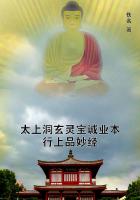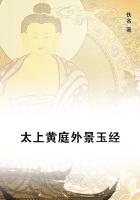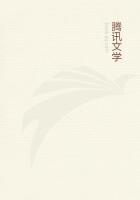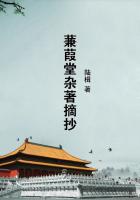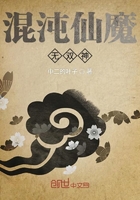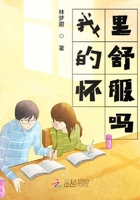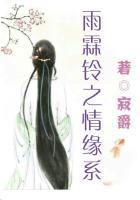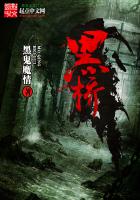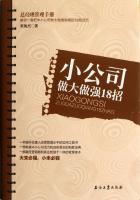And now to decide whether this is really so; whether mankind do desire nothing for itself but that which is a pleasure to them, or of which the absence is a pain; we have evidently arrived at a question of fact and experience, dependent, like all similar questions, upon evidence. It can only be determined by practised self-consciousness and self-observation, assisted by observation of others. I believe that these sources of evidence, impartially consulted, will declare that desiring a thing and finding it pleasant, aversion to it and thinking of it as painful, are phenomena entirely inseparable, or rather two parts of the same phenomenon; in strictness of language, two different modes of naming the same psychological fact: that to think of an object as desirable (unless for the sake of its consequences), and to think of it as pleasant, are one and the same thing; and that to desire anything, except in proportion as the idea of it is pleasant, is a physical and metaphysical impossibility.
So obvious does this appear to me, that I expect it will hardly be disputed: and the objection made will be, not that desire can possibly be directed to anything ultimately except pleasure and exemption from pain, but that the will is a different thing from desire; that a person of confirmed virtue, or any other person whose purposes are fixed, carries out his purposes without any thought of the pleasure he has in contemplating them, or expects to derive from their fulfilment; and persists in acting on them, even though these pleasures are much diminished, by changes in his character or decay of his passive sensibilities, or are outweighed by the pains which the pursuit of the purposes may bring upon him. All this I fully admit, and have stated it elsewhere, as positively and emphatically as any one. Will, the active phenomenon, is a different thing from desire, the state of passive sensibility, and though originally an offshoot from it, may in time take root and detach itself from the parent stock; so much so, that in the case of an habitual purpose, instead of willing the thing because we desire it, we often desire it only because we will it. This, however, is but an instance of that familiar fact, the power of habit, and is nowise confined to the case of virtuous actions. Many indifferent things, which men originally did from a motive of some sort, they continue to do from habit. Sometimes this is done unconsciously, the consciousness coming only after the action: at other times with conscious volition, but volition which has become habitual, and is put in operation by the force of habit, in opposition perhaps to the deliberate preference, as often happens with those who have contracted habits of vicious or hurtful indulgence.
Third and last comes the case in which the habitual act of will in the individual instance is not in contradiction to the general intention prevailing at other times, but in fulfilment of it; as in the case of the person of confirmed virtue, and of all who pursue deliberately and consistently any determinate end. The distinction between will and desire thus understood is an authentic and highly important psychological fact; but the fact consists solely in this- that will, like all other parts of our constitution, is amenable to habit, and that we may will from habit what we no longer desire for itself or desire only because we will it. It is not the less true that will, in the beginning, is entirely produced by desire; including in that term the repelling influence of pain as well as the attractive one of pleasure. Let us take into consideration, no longer the person who has a confirmed will to do right, but him in whom that virtuous will is still feeble, conquerable by temptation, and not to be fully relied on; by what means can it be strengthened?
How can the will to be virtuous, where it does not exist in sufficient force, be implanted or awakened? Only by ****** the person desire virtue- by ****** him think of it in a pleasurable light, or of its absence in a painful one. It is by associating the doing right with pleasure, or the doing wrong with pain, or by eliciting and impressing and bringing home to the person's experience the pleasure naturally involved in the one or the pain in the other, that it is possible to call forth that will to be virtuous, which, when confirmed, acts without any thought of either pleasure or pain. Will is the child of desire, and passes out of the dominion of its parent only to come under that of habit. That which is the result of habit affords no presumption of being intrinsically good; and there would be no reason for wishing that the purpose of virtue should become independent of pleasure and pain, were it not that the influence of the pleasurable and painful associations which prompt to virtue is not sufficiently to be depended on for unerring constancy of action until it has acquired the support of habit. Both in feeling and in conduct, habit is the only thing which imparts certainty; and it is because of the importance to others of being able to rely absolutely on one's feelings and conduct, and to oneself of being able to rely on one's own, that the will to do right ought to be cultivated into this habitual independence. In other words, this state of the will is a means to good, not intrinsically a good; and does not contradict the doctrine that nothing is a good to human beings but in so far as it is either itself pleasurable, or a means of attaining pleasure or averting pain.
But if this doctrine be true, the principle of utility is proved.
Whether it is so or not, must now be left to the consideration of the thoughtful reader.

